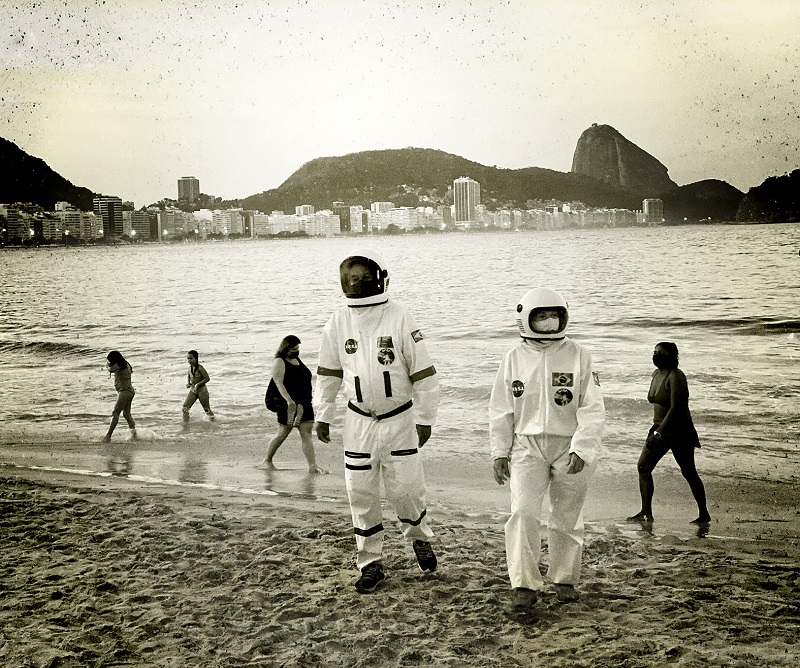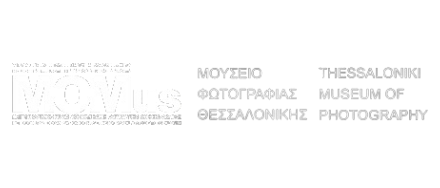Since 2008, Ana Carolina Fernandes has made documentary photography about some of the most pressing and deeply
structural issues in Brazilian society. The selection here focuses particularly on her work as these issues became exacerbated
during the rule of the right-wing populist regime of Jair Bolsonaro. She has made work about the deep class divides and life in the favelas, about widespread racialised violence to which the authorities are indifferent, about killings by heavily armed
and militarised police, about the government’s criminal neglect of the pandemic, women’s rights, and about the oppressive
conditions and resistance of gay and trans communities.
Amid rapid and bewildering social change, Fernandes works with a remarkable eye for formal pattern which she conjoins to a wide variety of photographic techniques, in her search for order and meaning which will bring together social and compositional significance. In close and prolonged contact with her subjects, Fernandes depicts the conditions of those sidelined by the regime, along with their insurgency and self-help activities. In the selection that she has made for the main exhibition of the Thessaloniki PhotoBiennale, we see the protests against what was in essence a judicial coup that first removed Lula da Silva from politics with a jail term, and then impeached his successor Dilma Rousseff, paving the way for Bolsonaro to take over. We see people disinfecting their own locales during the pandemic, the clinically vulnerable wearing home-made space suits, street art showing the virus bearing the face of Bolsonaro (he repeatedly stated that it was no worse than the flu, and made a virtue of inaction), and the balloons on Copacabana beach marking the vast numbers of the dead. Street protests mark a revolt against ‘necropolitics’, not just the barely veiled class warfare of the pandemic, directed especially against those living in the favelas and those working in the informal economy, but the assassination by police or far-right paramilitaries of activists, such as Marielle Franco.
In all, Fernandes’ work builds towards an image of a people, forming in revolt, and resisting the populism of Bolsonaro,
forged in its alliance of evangelical Protestantism, the military, the cattle and logging industries, and the oligarchs which acted
to fatal effect, not just for Brazil but against the global ecosphere. Their manifest threat to democracy and the planet is here
opposed by the lulista urban poor.
–J.S



